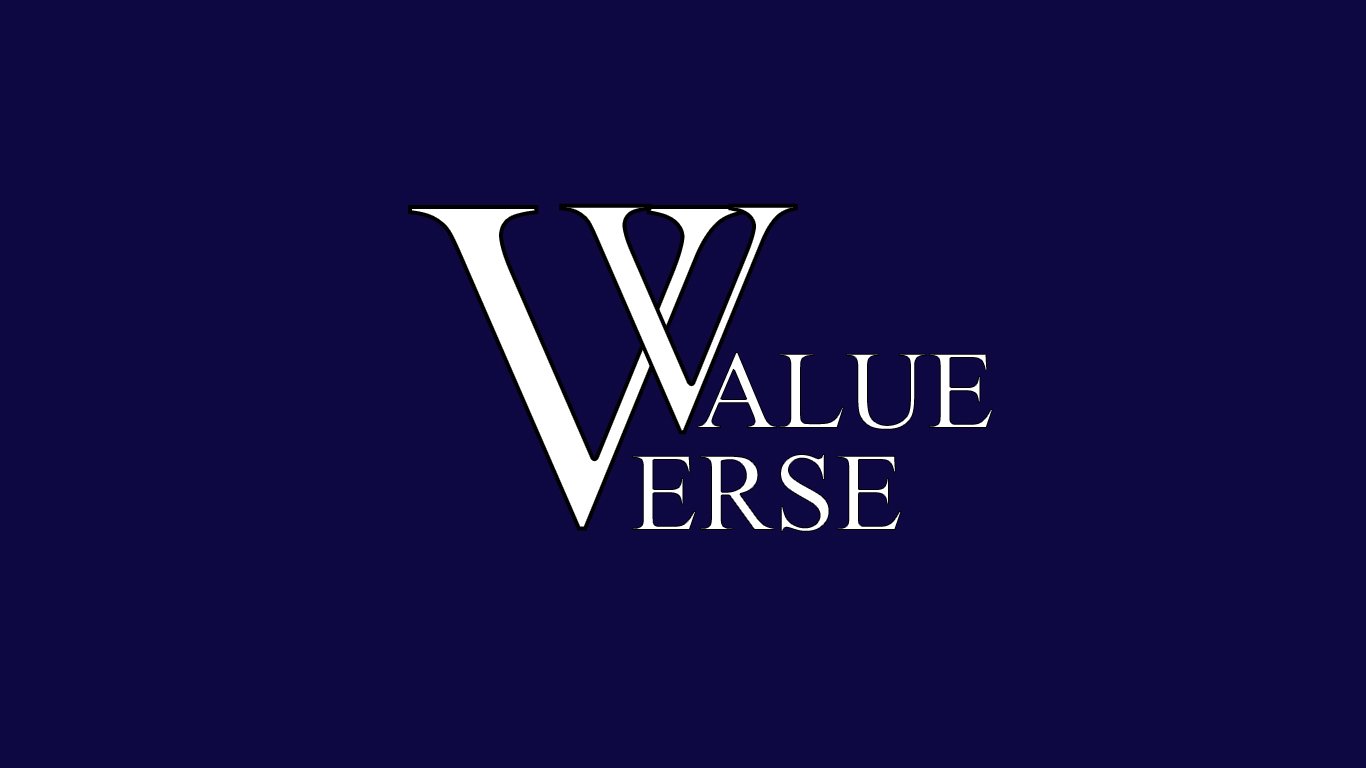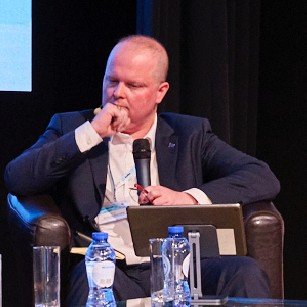Empowering Financial Institutions with Digital Insights and Strategic Guidance
About the Foundation
Leaders of financial institutions, policy-makers and regulators need a clearer view of the impact of blockchain, the tokenisation of value, machine learning and a wider constellation of digital technologies.
A wave of disruptive innovation is at hand. Established value chains and business models will have to adapt. Institutions of all types and sizes will have to manage new financial, technological and market integrity risks, as well as having to navigate rapidly shifting competitive landscapes and regulatory environments.
The Digital Value Foundation is a research and policy organisation that blends economics, finance, regulation and policy to pursue a very concrete mission for our members:
To be the trusted, independent and research based policy forum for financial institutions to discuss and agree advocacy positions designed to standardise global policies around digital technology and digital value enhancing and derisking their application.


Smart Digital Assets and Empirical Approach to Impact and Risk
The idea of “smart assets” is spreading rapidly. They can solve challenges such as persistent liquidity, settlement, customer access and market friction with tokenisation, DLT infrastructures, smart contracts, oracles and machine learning. A baseline market consensus on the economic and risk vocabulary is required, as well as far greater coordination in the areas of policy-making and regulatory design.
The Digital Value Foundation will be unique in our empirical and quantitative focus on financial digital value and smart assets policy. Our leading academics will test digital value through data analysis and economic research, with the academic supervision of the Cambridge Centre for Finance, Technology and Regulation.
The provision of this ‘ready to use’ research, relevant to both corporate decision-makers and regulators, will be essential. Our empirical foundations will be critical in determining how the industry can develop analytical frameworks, common perceptions of risk and, most importantly, quantitatively proven strategic and policy choices.
New Operational and Technological Models
The Foundation will work closely with our members to identify change and operational “best practices” that maximise the quality of client service without compromising operational efficiency, resilience, security and market integrity. The better our members understand how the new paradigm creates and delivers value, the better we can also identify the parameters of competitiveness and advise governments on the necessary policy and regulatory blend.
The Foundation’s practitioners possess hands-on experience with the practical operational and technological challenges of digital assets and digital finance. They can provide tech neutral analyses of options that won’t compromise operational integrity in the financial sector and will comply with the existing regulatory framework.
Need for Policy Design and Regulatory Adaptation
The emerging paradigm of digital value does not exist in a macroeconomic, political, social or regulatory vacuum. Legal certainty and regulatory clarity are paramount for economic success in an environment of that demands trust, stability and consumer protection. The existing regulatory framework has not, however, evolved sufficiently to include the possibilities that digital finance can offer.
The need to adapt existing financial regulations will be met by the Foundation’s considerable experience in regulatory change and policy advocacy. Our team includes individuals who have drafted digital finance regulations for the EU and who have extensive experience in policy and regulatory engagement that stretches back to the beginning of the fintech revolution and beyond.
The Value we Create for our Members
Our Members benefit from a unique combination of expertise:
- Quantitative and financial economics research focused on the particularities of digital value.
- Technological and operational implementation of digital finance projects for leading financial institutions.
- Policy advocacy and regulatory engagement in the fields of digital finance and digital assets.
- Monthly industry insights and digital assets case-analysis.
- Bi-monthly regulatory monitoring of key jurisdictions’ policies on digital assets and digital finance.
- Industry-wide advocacy campaigns and engagement with regulatory and supervisory authorities.
- An annual two-day Cambridge University Digital Value Workshop, presenting the latest economic research on digital value and discuss its strategic application.
- Two invitation-only Impact Meetings (in venues across Brussels, Washington, Zurich, Dubai, Singapore, Hong Kong, etc.), for industry leaders, policy makers, regulators and academics to discuss policy priorities, challenges and solutions.
- A major Annual Conference located in a different financial centre every year.
The Team









